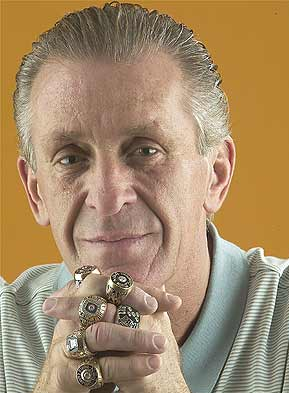Let's say, hypothetically speaking, that we have an employee (let's call him LJ) who is so good at his job that he is sought after by every corporation in his particular industry. LJ's current contract has expired and he is exploring his options. His current corporation is offering more money than anyone else and a chance to stay in the only company he has ever worked for with the opportunity to take them to new heights. Unfortunately for his company and customer-base, LJ decides to take his talents elsewhere and try something new. Unfortunately for LJ, after making his decision he makes a big spectacle of his departure, giving his company zero notice, zero chance to replace him, and crippling them for the near future. LJ's CEO (let's call him DW) is so upset with the slight that he makes a rash decision to publicly denounce LJ and blame him for all of the shortcomings of his company. LJ's situation is immediately the talk of the industry and the talk is centered around how he could not have played his situation any worse. Once an enormously popular employee with limitless potential, LJ has now succeeded in alienating a large number of his coworkers and customers, all former supporters, that he worked so hard to amass.
During the course of your career you will have at least one instance where you have the opportunity to take your talents to a different employer. That is part of the game. Situations change, your performance and skills evolve, and new opportunities arise. Though these partings are not always amicable and relations can become strained, it is counterintuitive to burn a bridge that you have spent so much time and energy constructing. Not only did your old company, coworkers, and customers play a part in getting you to where you are today, but they might still play an important role for you down the road. Even when the situation behind your departure might not be ideal, it is always better to take the high road than a parting shot. Losing contacts, prospective employers/ees, or customers because you were unhappy at the end is never the smart way to go.
Sure, LJ is doing just fine for himself right now in Miami (or wherever, because this is purely hypothetical), but you never know when he might need that bridge after all.
Shaun Bossio is the Assistant Business Manager and ProShop Manager at Boston University FitRec.
He can be reached at sbossio@bu.edu



